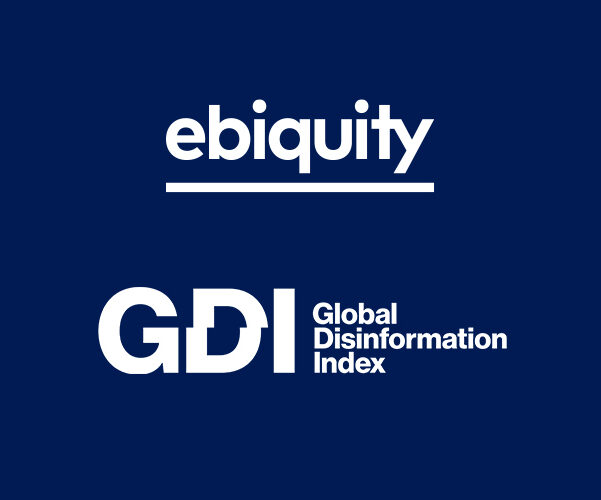As appeared on AdExchanger on 31 January 2022. Read the full article here.
All aboard the “Topics API sucks” bandwagon!
Ever since the blog post by Vinay Goel, product director for the Privacy Sandbox, announcing Google’s Topics API proposal went live last week, my channels have felt like an industrywide echo chamber filled with Google bashing.
I understand that people are upset about recent revelations and evidence in lawsuits against Google. But I feel that heightened emotions on these other matters is impacting a pragmatic assessment and scrutiny on this specific topics concept.
I’m relatively late to the party, as I spent several days reading through the documentation, tuning into the debate happening around the concept and contemplating the pros and cons – and even now, I feel comfortable sharing only a provisional opinion on its merit. It’s not as straightforward as some are making it seem, because many key questions remain unanswered, but here goes nothing:
I actually like the Topics API concept.
There, I said it.
It’s important to emphasize the word “concept,” because that is very much what it still is at this stage. Google is actively engaging with anyone that has an opinion to try and answer open questions and help it make a decision about key features and limitations of the API, such as:
- Should sites be able to set their topics, or should topics be determined by the browser or some third-party entity?
- What should happen if a site disagrees with the topics assigned to it by the browser?
- What topic taxonomy should be used? Who should create and maintain it?
- What standard might be used for determining which topics are sensitive?
Why is this important? Because Google has acknowledged the flaws in FLoC and is trying to shape a utility that still allows for some form of interest-based advertising, but without the privacy issues and myriad other issues connected to the use (and misuse) of third-party cookies.
The Topics API is not finalized, and everything is subject to change as Google incorporates ecosystem feedback and iterates on it. Where many seem to disregard this feedback-gathering process as window dressing, I’m willing to give Google the benefit of the doubt and plan to allocate resources to contribute to the decisions that need to be made.
It’s going to be a long road.
Read the article in full on AdExchanger, here.



